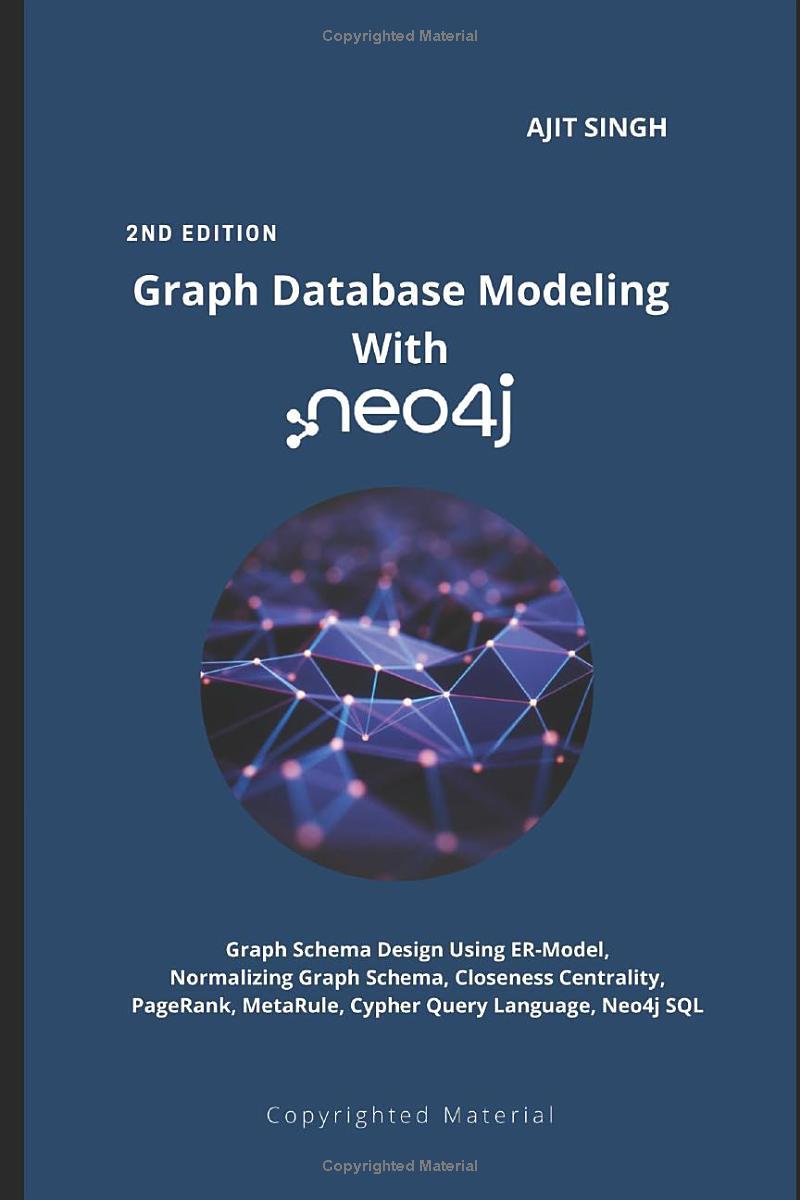Question
[DRAW A MODEL(BN STRUCTURE) AND ANSWER BELOW QUESTIONS] You will model a problem domain involving autonomous mobile robots participating in perimeter patroling using a BN
[DRAW A MODEL(BN STRUCTURE) AND ANSWER BELOW QUESTIONS]
You will model a problem domain involving autonomous mobile robots participating in perimeter patroling using a BN in Netica. We will consider the setting where a team of two mobile robots, i and j, are tasked with tracking a fugitive hiding among civilians.
Let the operation theater be a grid of 4 4 sectors. Robots i and j recognize the fugitive using a face recognition software, which tends to be 80% accurate (ie. the probability of the fugitive being correctly recognized is 0.80, as is the probability of a non-fugitive being correctly not recognized.) Having received specific intelligence, the fugitive is also identified using the clothes that he is wearing. However, this way of identifying the fugitive is only 75% accurate at best. Robot i must also keep away from j in order to cover the maximum ground. A robot may receive a proximity signal when another robot is within a Manhattan distance of 2 sectors. The likelihood of this signal is 95% when the distance is less than or 1 sector, but gets weaker with the likelihood falling to 80% when the distance is 2 sectors. Finally, the fugitives strategy is to keep the robot j in its sight, without itself being seen. Hence, he will always be within a horizontal or vertical distance of 1 sector from js location with each location being equi-probable. Please use your best judgment in entering probabilities not specified above, and state these as a text.
Using your BN built in Netica, please answer the following questions:
i. If a possible fugitive in sector (2,1) is positively recognized using his face but his clothes are not identified, what is the probability that the fugitive is in (2,1)? How does this probability change when the clothes are also identified? What is the most probable location(s) of the robot j?
ii. If robot is proximity indicator goes off when it is in location (2,2), what are the probabilities that the fugitive is located in each of the 16 sectors? What then becomes the most likely location of a fugitive if he is recognized by face only in (2,3) and by clothes only in (1,2).
iii. If the proximity indicator goes off when robot i is in sector (2,3) and the fugitive is spotted both by face and clothes in (2,3) as well, what is the most likely location(s) of the robot j.
Note:
This is a single timestep BN and so the robots do not move. Each robot (UAV) is hovering above the operation theater and can view all sectors at once. Therefore, it can make observations in multiple sectors. Facial and clothing recognition can happen in any of the sectors and these are two different sensors, so it can happen simultaneously.
Step by Step Solution
There are 3 Steps involved in it
Step: 1

Get Instant Access to Expert-Tailored Solutions
See step-by-step solutions with expert insights and AI powered tools for academic success
Step: 2

Step: 3

Ace Your Homework with AI
Get the answers you need in no time with our AI-driven, step-by-step assistance
Get Started


